This morning, FCC Chairman Ajit Pai made a claim that net neutrality, which hasn’t even been in place for two years, has driven investment in U.S. broadband to historically low levels. However, the actual numbers given by the nation’s largest cable and telecom companies don’t appear to back this up. [More]
zero rating
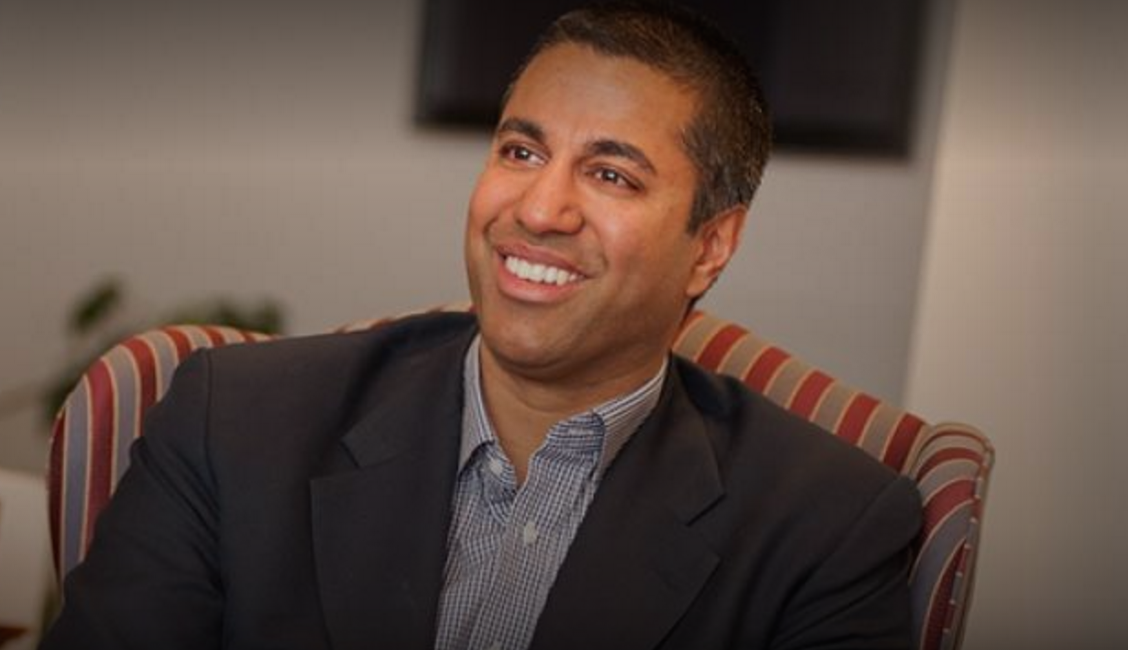
FCC Chair Claims Broadband Investment At Historic Low Level Because Of Net Neutrality; That’s Not What The Numbers Say
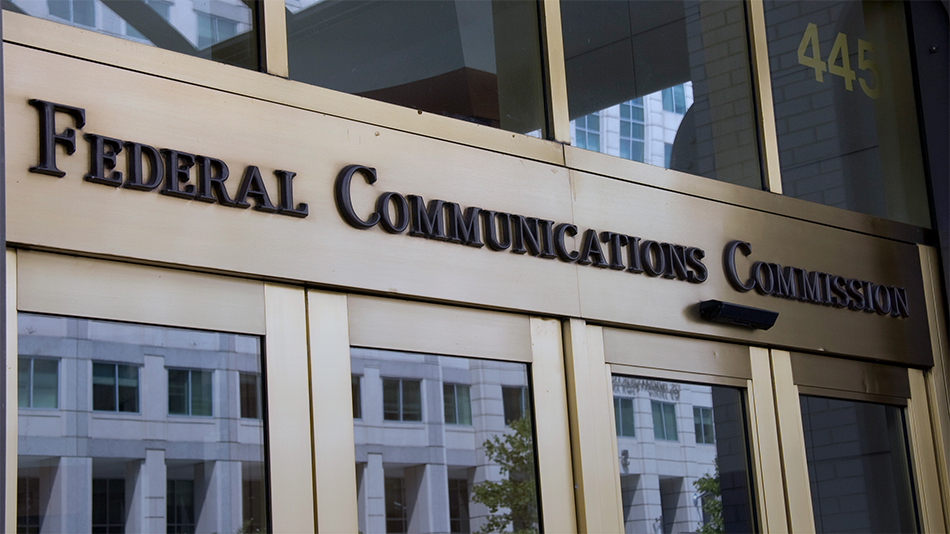
FCC Officially No Longer Cares If Zero-Rating Is A Problem
It’s been a busy week over at the FCC, as new chair Ajit Pai continues on a streak of rapidly backing the Commission off of every Wheeler-era regulation he can. Earlier this week Pai ordered the FCC to stop defending its prison-calling rate caps in court; today, Pai’s taking on zero-rating and Lifeline — the former, a challenge to net neutrality, and the latter, a way to help low-income folks access the internet. [More]
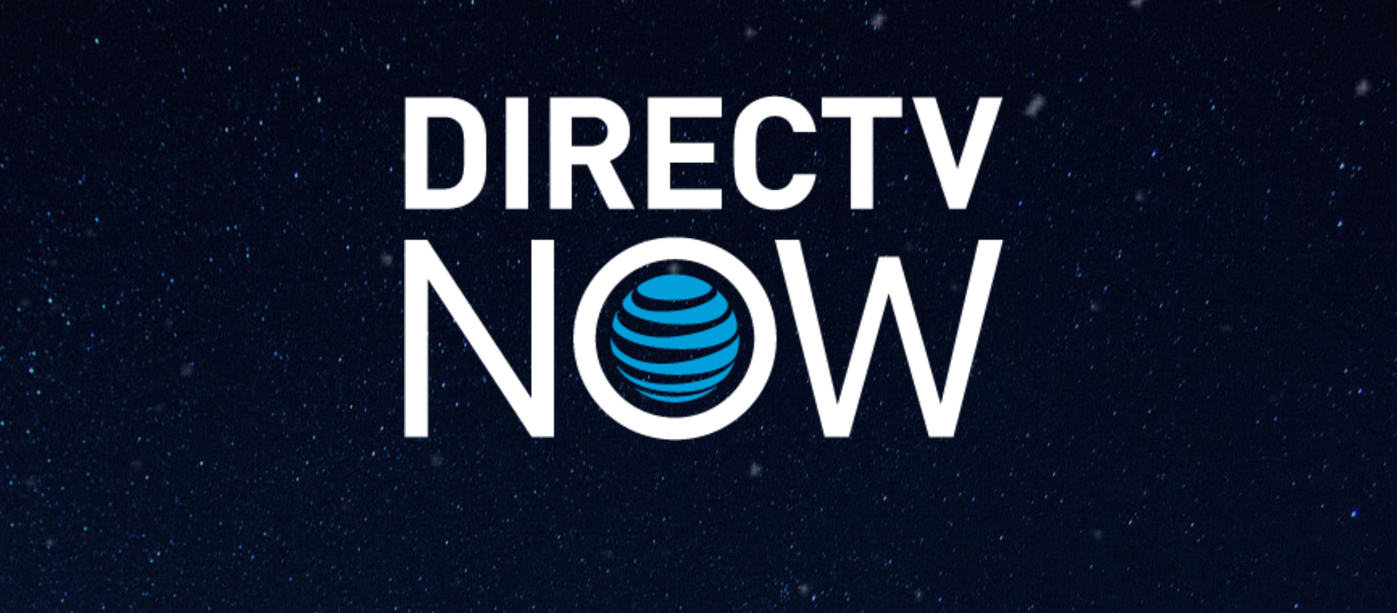
FCC Pointlessly Concludes AT&T’s Free Data For ‘DirecTV Now’ Probably Violates Net Neutrality
The controversial Open Internet Order of 2015 (known on the street as “Net Neutrality”) is probably going to be rolled back or ignored under the incoming Trump administration, but with a few days left under the existing FCC leadership, the agency has decided to chime in with its conclusion that AT&T’s decision to not ding its wireless subscribers for accessing DirecTV Now streaming video probably runs afoul of regulations and may ultimately harm competition and consumers. [More]
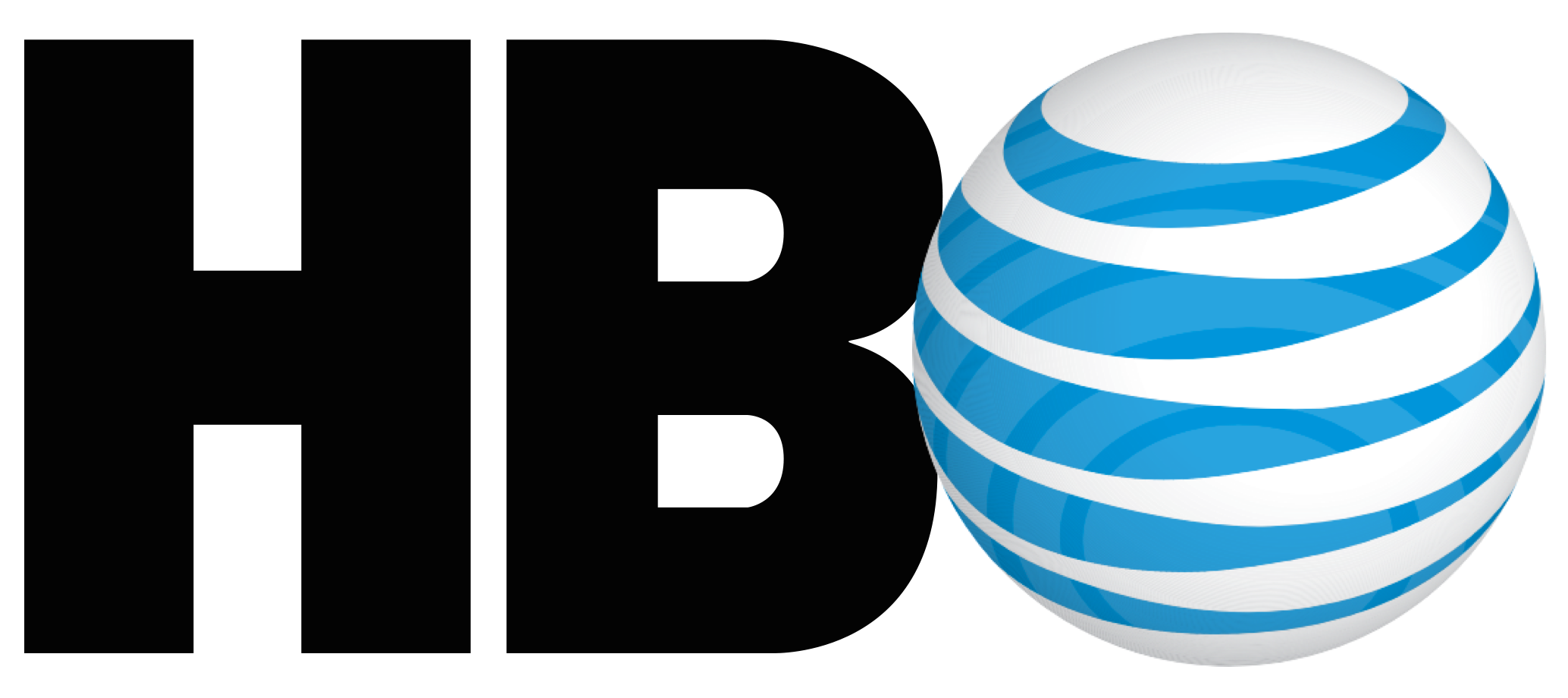
AT&T CEO: Letting Us Buy Time Warner Will “Disrupt” TV, Be “Good For Consumers”
When AT&T announced in October that it would spend $85 billion to acquire Time Warner, the plan was met with strong headwinds right out of the gate. A surprisingly broad array of lawmakers, from both sides of the political aisle, immediately voiced concerns. Among the concerned parties? The Senate Judiciary Committee, which today held a hearing examining the impact on competition, and potential antitrust concerns, the merger could raise. [More]
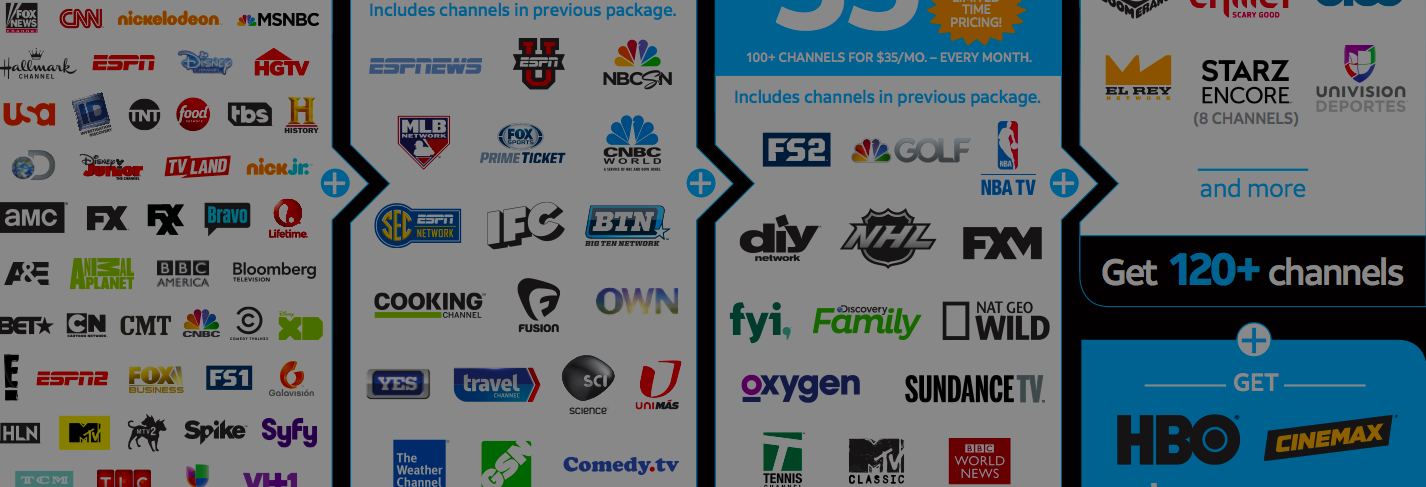
FCC Warns AT&T, Verizon That Sponsored Data Programs May Harm Consumers
While last year’s Open Internet Order — better known as the “net neutrality” rules — stops broadband providers from blocking, speeding up, or slowing down data to or from sources of their choosing, that rule doesn’t explicitly deal with the practice of “zero-rating,” where a broadband provider doesn’t count certain content against the user’s monthly data limit. After recently raising “serious concerns” about this practice, the FCC is now warning AT&T and Verizon that some of their zero-rating programs appear to harm consumers by providing these companies with unfair advantages in streaming video. [More]

FCC Has “Serious Concerns” About AT&T Exempting DirecTV Video From Mobile Data Caps
In September, AT&T announced that it would not charge streaming DirecTV content against wireless customers’ monthly data caps. It’s a controversial practice known as “zero-rating” that some believe has anticompetitive effects, especially when the content company is owned by the wireless provider. It’s an issue the FCC has not yet ruled on definitively, but one that the Commission says may be cause for concern. [More]
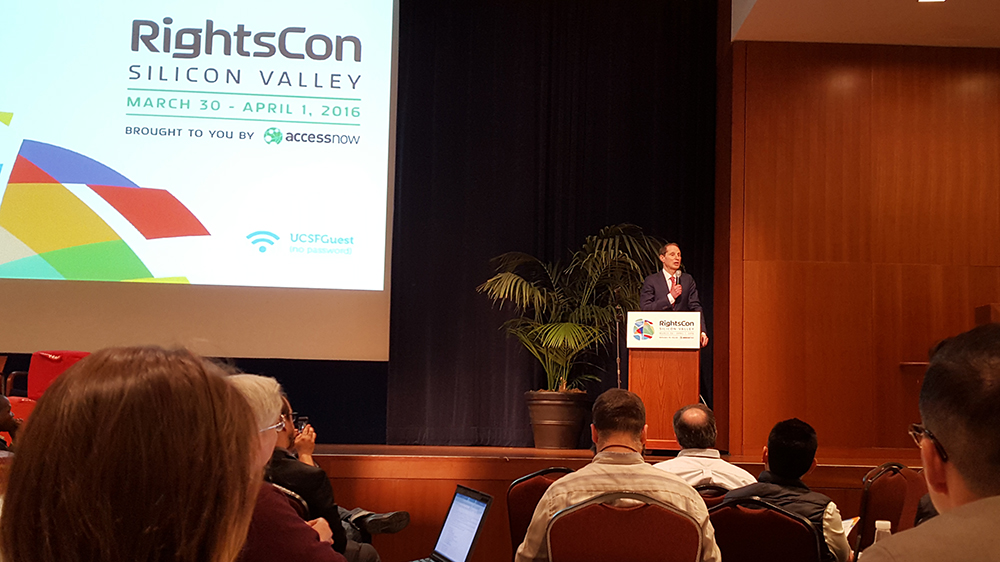
Senator Concerned AT&T/Time Warner Merger May Create Net Neutrality Violations
Well, that didn’t take long: Although the formal paperwork to make the AT&T / Time Warner merger happen hasn’t yet been filed anywhere for review and approval, several lawmakers have already been out in front of it voicing their sternest disapproval. Joining the club today? Sen. Ron Wyden (OR), who’s asking the FCC to please think of net neutrality, and consumers, when it comes time for merger review. [More]

Verizon Hoping Zero-Rated NBA Basketball Can Make Someone, Anyone Use Go90
Verizon has a streaming media app. It’s true! It’s called Go90, for marketing-related ~reasons~, and they spent a lot of time and money making it happen. And since the conventional wisdom still says live sports is the key to getting people to sign up for your TV thing, Verizon’s gonna try that. Because goodness knows, nothing else has done it. [More]
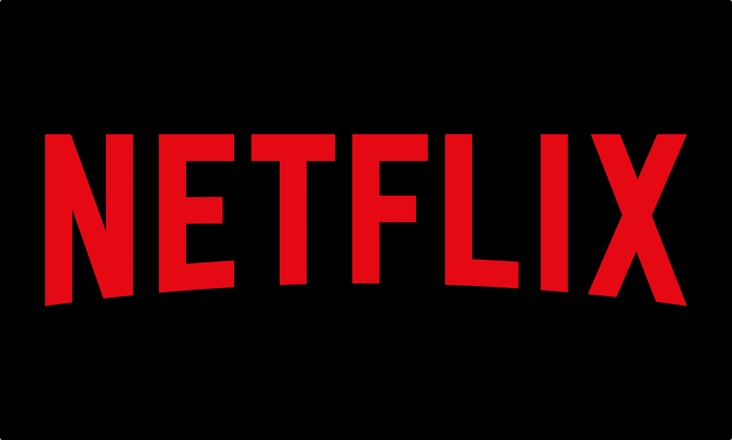
Netflix Wants The FCC To Do Something About Pesky Data Caps
For you to watch Netflix, you need access to broadband data. To watch lots of future-ready 4K Netflix, you may need access to lots of data. And if you’re one of the millions of Americans subject to data caps at home, well, that might be a problem. So Netflix wants the FCC to do something about it. [More]
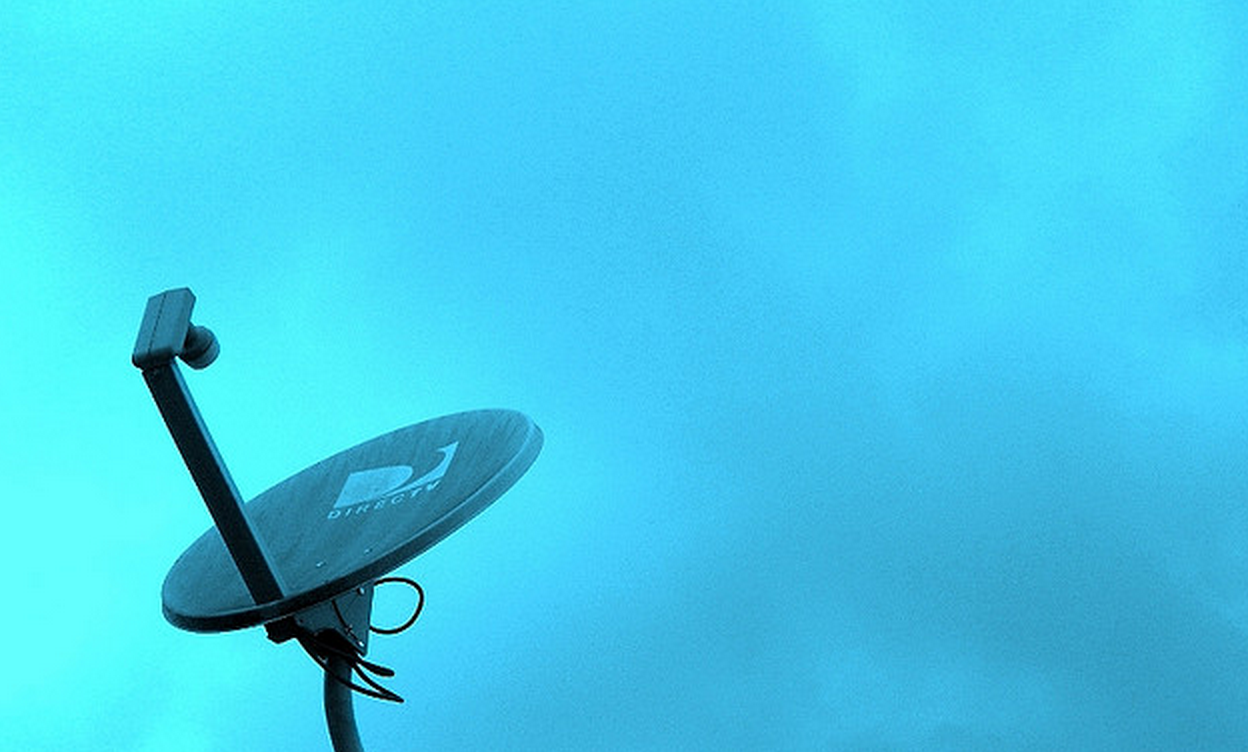
AT&T Exempts AT&T-Owned DirecTV App From Mobile Data Caps
DirecTV and AT&T joined up and moved in together just over a year ago. The merged company started launching meager combo offerings soon after, but it’s taken it a while to warm up into the main event. Now, it seems, we’re getting there, because AT&T is about to start taking advantage of its 141 million North American wireless customers when it comes to expanding DirecTV. [More]
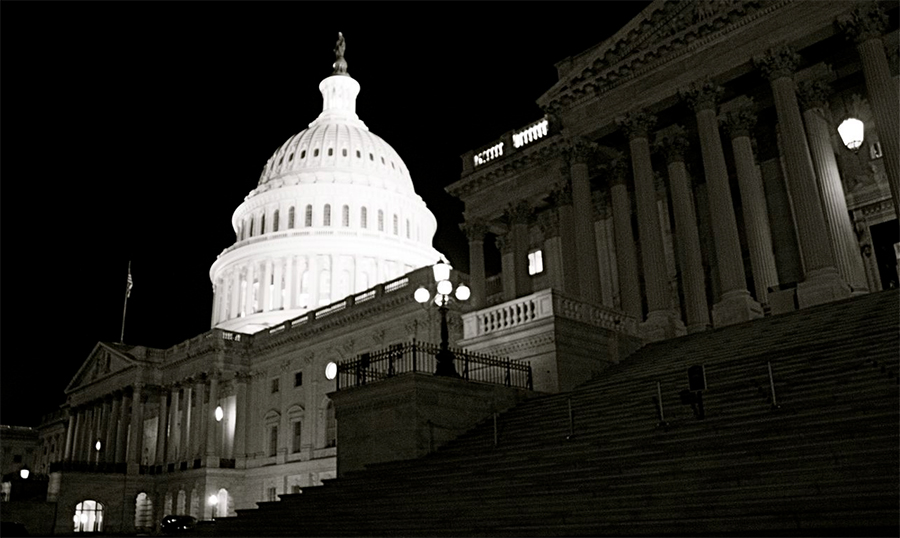
FCC, Congress Go At It About Pretty Much Everything Once Again
The more the FCC actually tries to create or change regulations around communications companies, the more often chairman Tom Wheeler and the other four commissioners find themselves ordered to Capitol Hill for some kind of hearing. And so today in the continuing series, “The FCC And A Congressional Committee Argue With Each Other,” we learned more about privacy, set-top boxes, and zero-rating. [More]

Reddit, Yelp, Kickstarter, 55 Other Internet Businesses And Activists Ask FCC To Investigate Zero-Rating
That thing where an ISP — like your wireless or cable company — can exempt certain services from counting against your data cap is called zero-rating, and it exists in a weird regulatory space. There are no rules against it, but there are also no rules explicitly permitting it. The businesses that do it, of course, say it is “innovative” and “competitive.” The FCC hasn’t openly decided whether or not it agrees. So a whole huge group of consumer advocates, business advocates, and businesses have gotten together to ask the FCC officially, and publicly, make up its mind. [More]
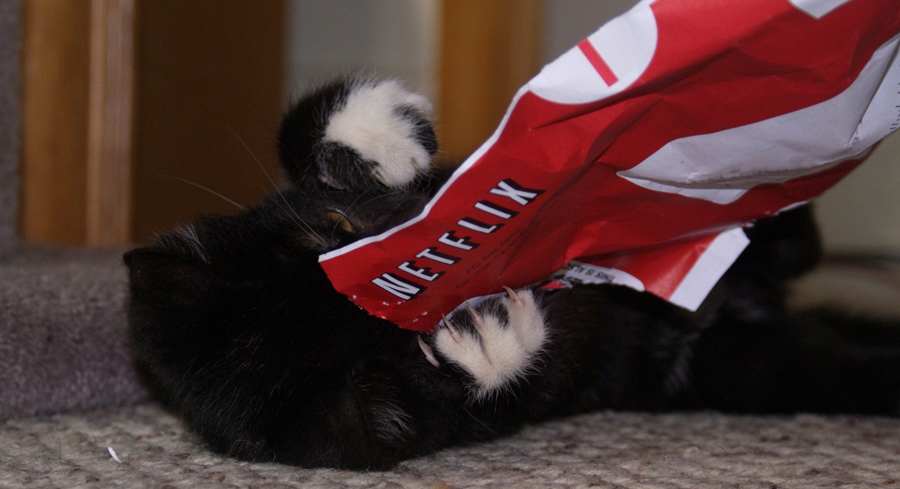
Netflix Admits To Throttling Its Own Streams On AT&T, Verizon Wireless Because Data Caps
If you have a network connection of a certain speed available on your phone, you expect receive data at roughly that speed, more or less. That’s how it works. Except that’s not how it’s been working for Netflix: the popular streaming video service was moving at a fraction of what users expected, on Verizon and AT&T networks. Consumers were all ready to line up and blame their mobile carriers, but the wireless companies weren’t the ones screwing around with anything, as it turns out. Netflix was. [More]
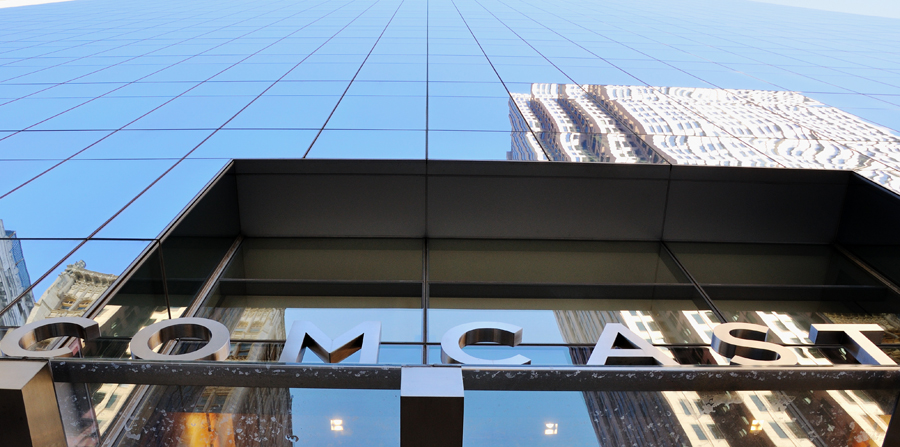
Consumer Advocates Petition FCC To Stop Comcast Exempting Their Own Stuff From Data Caps
Zero-rating — that thing where a company can exempt some services from data caps, to encourage customers to use it instead of other services — is still a big question mark, legally speaking. Is it “innovative” and “competitive” or does it violate net neutrality? The jury (or really, the FCC) is still out on that one, but a new formal complaint may finally force their hand toward some kind of decision. [More]
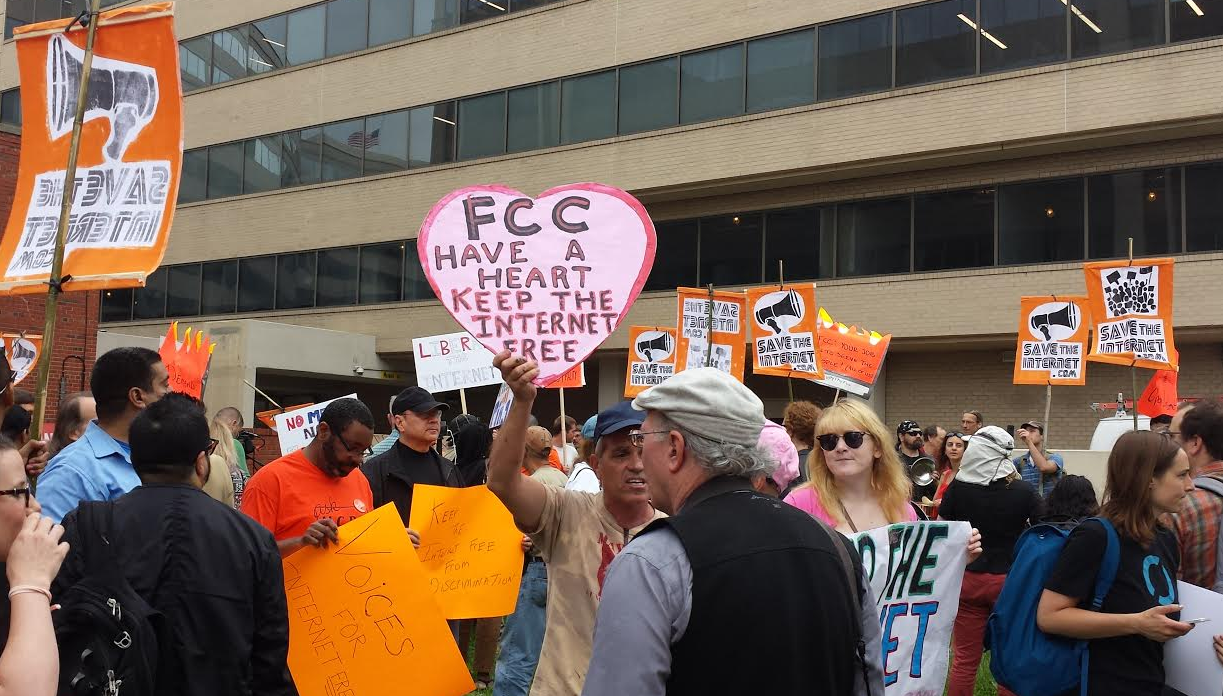
Net Neutrality Is A Year Old Today. What’s Changed, What Hasn’t, And Where Does It Stand?
Happy birthday, net neutrality! A year ago today, after a long and contentious process, the FCC formally adopted the Open Internet Rule, reclassifying broadband internet as a Title II communications service and creating bright-line rules to protect consumers’ and businesses’ access to the internet. [More]
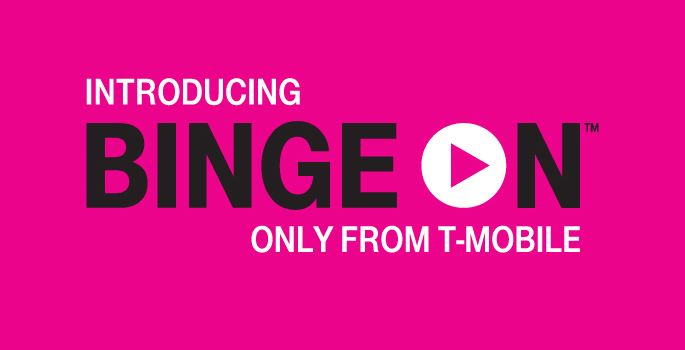
Stanford Law Professor: T-Mobile’s ‘Binge On’ Violates Net Neutrality Rules
Last fall, T-Mobile introduced Binge On, an optional program that lets users stream certain video streams without counting the data against their monthly allotments. YouTube and others have accused the company of throttling data in order to make this happen, and a new report from Stanford University claims that T-Mo’s actions are in violation of federal “net neutrality” rules. [More]

Test Claims To Show T-Mobile’s YouTube “Optimization” Is Just Connection Throttling
We’ve had a bit of a high-tech tiff going on for the past few weeks between YouTube and T-Mobile. First, YouTube accused T-Mobile of unfairly degrading their video. T-Mobile replied nuh-uh, everything is simply optimized for mobile and the world is great. So who’s right? [More]
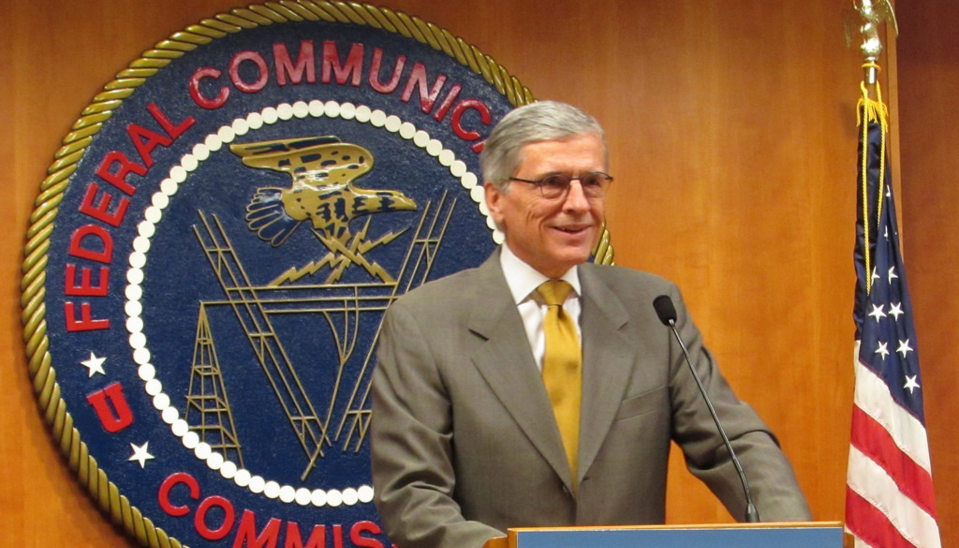
FCC Wants AT&T, Comcast, T-Mobile To Explain Why Their Plans That Exempt Stuff From Data Caps Are OK
There are two big trends in data and streaming. The first is data caps, which limit how much bandwidth you can use in a month without paying extra. The other is zero-rating, where certain video services come to an arrangement with carriers to be exempt from those data caps. In theory, it’s a win for everyone: consumers, carriers, and streaming companies. But nobody, including the FCC, is quite sure if it’s actually, y’know, legal. [More]

